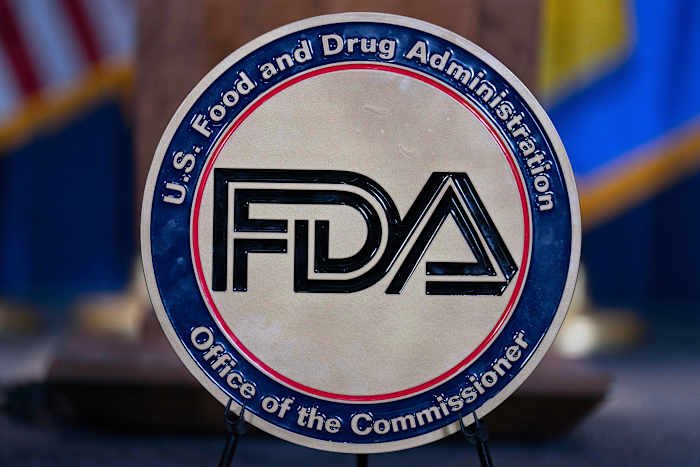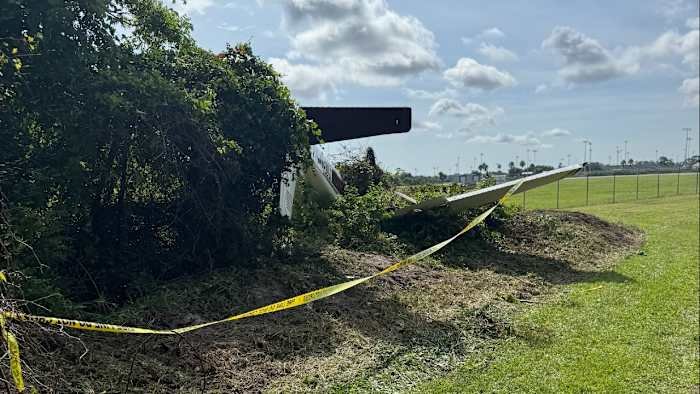In a recent development that’s sparked both controversy and concern in the medical world, Sarepta Therapeutics, a leading gene therapy maker, has announced it will not comply with a request from the U.S. Food and Drug Administration (FDA) to halt all shipments of its gene therapy products. This decision comes after reports of patient deaths related to the therapy, raising questions about drug safety, regulatory oversight, and the impact on patients and healthcare providers, including those here in Orlando.
Background: The Story Behind Sarepta’s Gene Therapy
Sarepta Therapeutics is a biotechnology company specializing in the development of gene therapies for rare neuromuscular diseases. Their flagship gene therapy, Elevidys, is designed for children with Duchenne muscular dystrophy (DMD), a devastating genetic disorder that leads to progressive muscle weakness and early death. The therapy is one of the first of its kind to offer hope for improved quality of life and longevity for patients with DMD.
The FDA granted accelerated approval for Elevidys in 2023, allowing Sarepta to market and ship the drug while requiring ongoing studies to further assess its safety and effectiveness. Since then, the therapy has been administered across the nation, including at major pediatric hospitals and specialty clinics in Orlando, where families are desperate for new treatment options.
FDA’s Request and Sarepta’s Response
Recently, the FDA requested Sarepta to pause all shipments of Elevidys following the deaths of several patients who had received the therapy. The agency cited concerns over possible links between the gene therapy and severe, sometimes fatal, side effects such as liver complications and immune reactions.
Sarepta, however, insists that halting shipments would be premature and could harm patients who currently have no alternative treatments. In a statement, the company emphasized its commitment to patient safety and ongoing cooperation with the FDA, but maintained its decision to continue supplying the therapy to providers and families who are relying on it. Sarepta pointed out that the overall benefits of the therapy, particularly for those with advanced DMD, outweigh the potential risks, and that deaths associated with DMD are not uncommon due to the nature of the disease.
This bold stance has put Sarepta at odds with federal regulators, setting the stage for a high-stakes debate about access to experimental treatments and the role of regulatory agencies in safeguarding public health.
Implications for Orlando Patients and Healthcare Providers
Orlando is home to several leading children’s hospitals and neuromuscular disease clinics, which have been at the forefront of offering innovative therapies like Elevidys. For families in Central Florida, Sarepta’s gene therapy represented a beacon of hope in the fight against a relentless disease.
The uncertainty surrounding the therapy’s safety, coupled with the FDA’s request and Sarepta’s refusal, has left many local patients and doctors in a difficult position. Some providers are now weighing the risks and benefits of continuing treatment, while families face the heart-wrenching dilemma of whether to proceed with a therapy that could save — or endanger — their child’s life.
Dr. Linda Martinez, a pediatric neurologist at Orlando’s Arnold Palmer Hospital, explained, “Our priority is always the well-being of our patients. We’re following the situation closely and will continue to work with families to make the best decisions based on the latest data and guidance from both Sarepta and the FDA.”
Balancing Innovation and Safety in Gene Therapy
The Sarepta controversy highlights the broader challenges of regulating gene therapies, which are rapidly reshaping the landscape of medicine. While these treatments can offer unprecedented benefits for patients with previously untreatable diseases, they also carry unique risks, including long-term side effects that may not be fully understood until years after approval.
For the Orlando medical community, the situation serves as a reminder of the need for vigilance, transparent communication, and collaboration between drugmakers, regulators, and clinicians. Local advocacy groups are calling for more public dialogue about the risks and benefits of experimental therapies, and for clear protocols to ensure patient safety while preserving access to potentially life-saving treatments.
As Orlando continues to grow as a hub for medical research and specialty care, the decisions made now will have a lasting impact on how the region approaches cutting-edge therapies in the future.
What’s Next for Sarepta, the FDA, and Orlando Families?
The immediate future of Sarepta’s gene therapy remains uncertain. The FDA could take stronger regulatory action, including forced recalls or additional warnings, while Sarepta may face legal challenges or public backlash. For now, shipments of Elevidys continue, and families must make tough choices with their medical teams.
In the coming weeks, Orlando’s hospitals and clinics are expected to hold informational sessions to help families understand the latest developments and make informed decisions. Local support groups are also stepping up to provide resources and emotional support for those affected by the controversy.
Ultimately, the Sarepta case underscores the complexities and urgency of advancing medical innovation while ensuring the utmost safety for patients, especially vulnerable children and families here in Orlando.
Conclusion: Your Thoughts Matter
As the debate over Sarepta’s gene therapy unfolds, the voices of patients, families, and healthcare providers in Orlando are more important than ever. What do you think about Sarepta’s decision to keep shipping Elevidys despite the FDA’s request? Should families have the final say, or should regulators step in to protect public health? Share your thoughts and experiences in the comments below — your perspective helps our community















